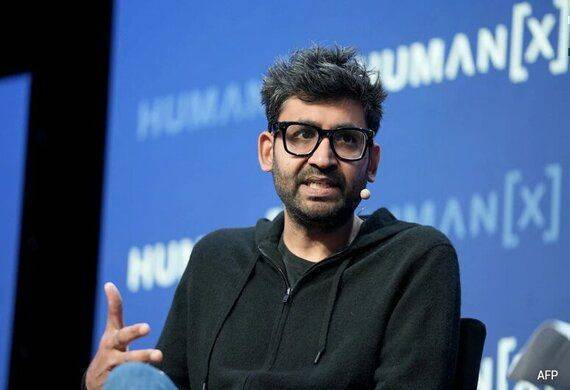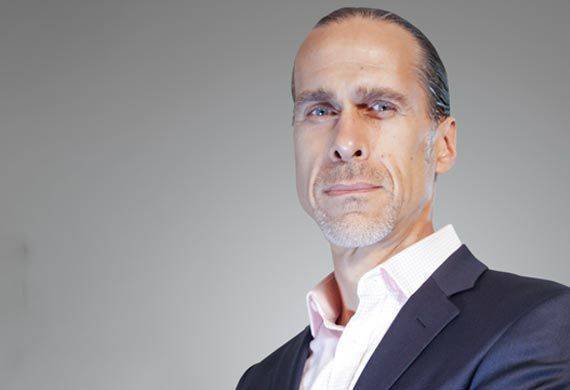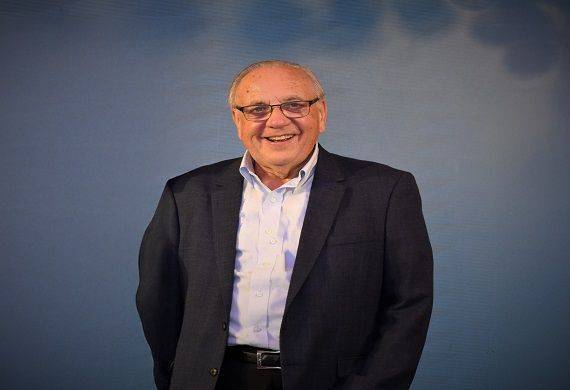Former Twitter CEO Parag Agrawal Unveils AI Venture, Deep Research API
By Global Leaders Insights Team | Aug 18, 2025

Former Twitter CEO Parag Agrawal has announced the launch of his new artificial intelligence venture, Deep Research API, positioning it as a major contender in the global AI race. In a LinkedIn post, Agrawal revealed that the company’s technology has already outperformed both humans and leading AI models, including OpenAI’s GPT-5, on two of the toughest industry benchmarks.
Key Highlights
- Parag Agrawal launches Parallel Web Systems AI startup, secures $30 million funding, challenges GPT-5 on benchmarks.
- Startup handles millions of daily research tasks via eight engines; Ultra8x outperforms GPT-5 by over 10 %.
“We launched our Deep Research API — it’s the first to outperform both humans and all leading models including GPT-5 on two of the hardest benchmarks,” Agrawal wrote.
The startup, part of Agrawal’s Palo Alto–based Parallel Web Systems Inc., is designed to automate traditionally human-driven workflows with accuracy exceeding human levels. According to Agrawal, the platform already handles millions of research tasks daily for innovative startups and large enterprises.
Also Read: xAI Cofounder Igor Babuschkin Exits to Launch AI Safety Investment Firm
Parag Agrawal’s Journey in Tech
Agrawal, best known for his brief tenure as Twitter’s CEO before being dismissed by Elon Musk in 2022, has built a career at the intersection of advanced computing and large-scale systems. He began as a researcher at Microsoft in 2006, then worked at Yahoo and AT&T before joining Twitter in 2011 as a Distinguished Software Engineer. He rose to become Chief Technology Officer in 2017 and eventually CEO in November 2021.
A graduate of the Atomic Energy Central School in India, Agrawal earned a Bachelor’s degree in Computer Science and Engineering from IIT Bombay and a PhD in Computer Science from Stanford University.
With Deep Research API, Agrawal signals his ambition to redefine AI performance standards — setting his sights not just on surpassing OpenAI’s models but on beating human capabilities themselves.


